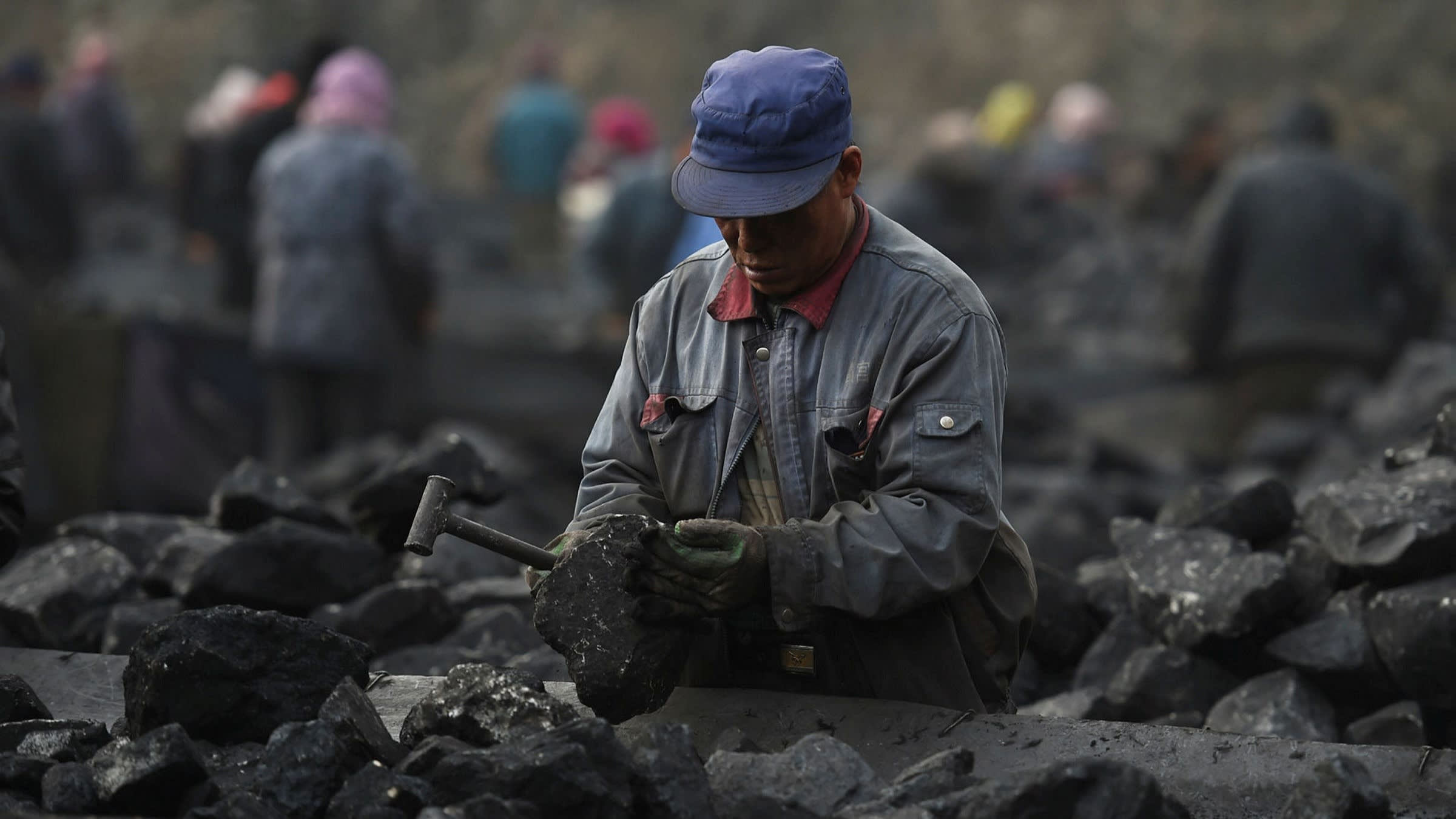This is the conclusion of the Production Gap Report, released on 22/9 by the Stockholm Environment Institute (SEI), Climate Analytics, and the International Institute for Sustainable Development (IISD). The report measures the gap between planned production of coal, oil, and gas and levels needed to address the climate crisis.
Experts analyzed the energy transition pathways of 20 countries accounting for over 80% of global fossil fuel production: Australia, Brazil, Canada, China, Colombia, Germany, India, Indonesia, Kazakhstan, Kuwait, Mexico, Nigeria, Norway, Qatar, Russia, Saudi Arabia, UAE, UK, and the US.
By 2030, 17 of these countries plan to increase production of at least one fossil fuel. 11 nations project higher production than planned in 2023. Only six countries have production aligned with national and global net-zero emission targets.
 |
Workers at a coal mine in Shanxi Province, China. Photo: AFP |
Workers at a coal mine in Shanxi Province, China. Photo: AFP
Overall, these countries project production exceeding the 1.5°C limit by 120% and the 2°C limit by 77%. This gap has widened since the 2023 study, which found discrepancies of 110% and 69% respectively.
At COP28, parties pledged to "transition away from fossil fuels." However, "there's a disconnect between climate pledges and actual production plans," noted Emily Ghosh, SEI's Director of the Equitable Transitions Program.
Olivier Bois von Kursk, Policy Advisor at IISD, called the increased fossil fuel expansion plans over the past two years alarming. "While many governments see renewables as key to energy security, some are betting against the clean transition," he commented.
SEI Senior Scientist Derik Broekhoff stated that transitioning away from fossil fuels involves more than just developing renewables. "Renewable energy has grown rapidly in the last 10 years, but it hasn't replaced fossil fuels," he said.
The report indicates that many countries are increasing short-term coal and gas production ambitions. China, once aiming for rapid coal reduction, has slowed its pace. Global liquefied natural gas (LNG) capacity has also surged in the past two years. Brazil, host of COP30, projects a 56% increase in oil and a 110% increase in gas production by 2030 compared to 2023.
The research team emphasizes governments' crucial role in closing the gap between planned and necessary fossil fuel production to meet the Paris Agreement goals, as many oil and gas companies are state-owned. Even private sector companies receive exploration permits, project approvals, and subsidies. "Governments set the rules, but most aren't using that power correctly," commented Neil Grant, an expert at Climate Analytics.
The report urges nations to end coal exploration and use before 2040 and reduce oil and gas production and consumption by at least 75% by 2050. However, a growing number of scientists believe the goal of keeping global warming below 1.5°C is now out of reach.
Phien An (according to SEI, IISD, Le Monde)












